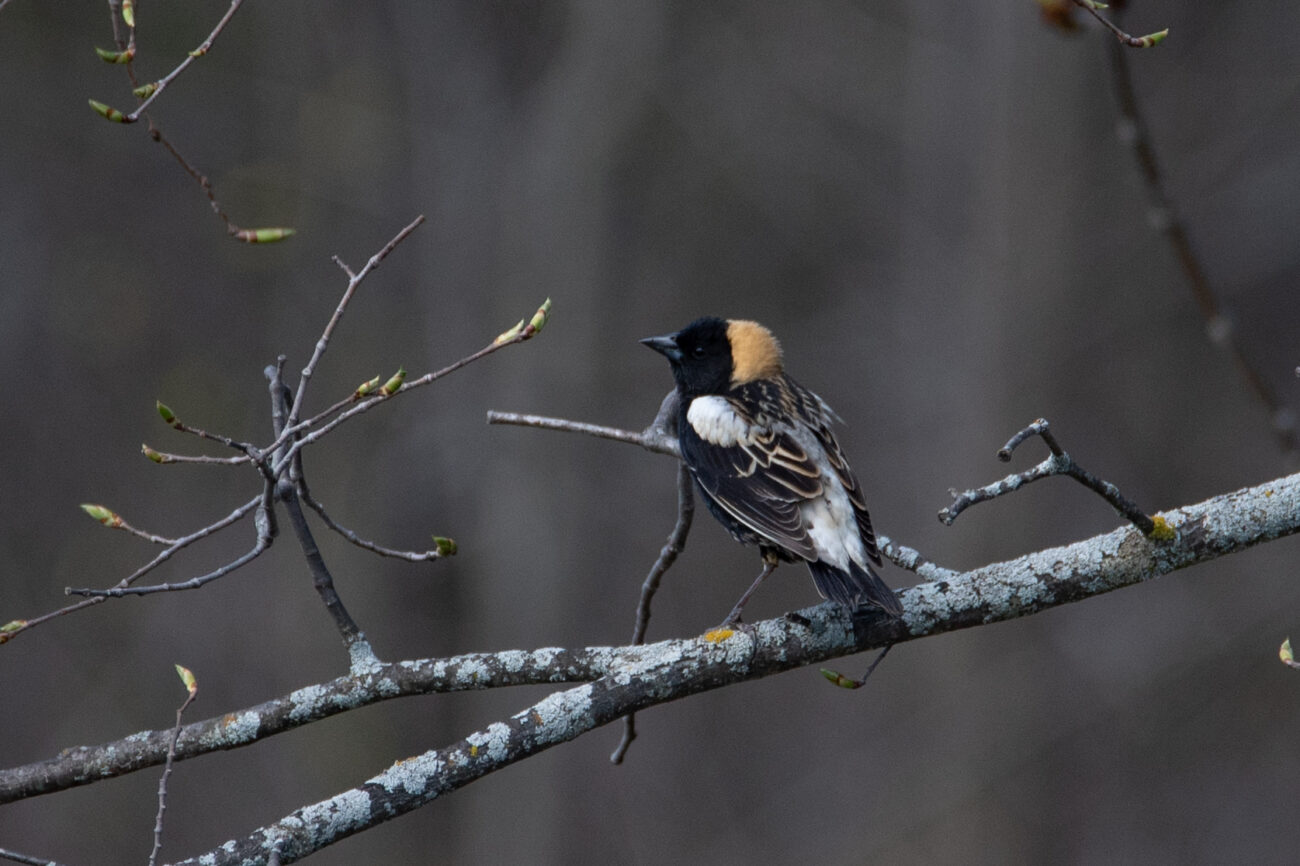Remembrance Day holds a great deal of gravity for me. I know the stories of my grandfathers, great grandfathers and great-great uncles. I know which of my great grandmothers worked in munitions factories, I have held my grandmother’s ration card, and seen pictures of Nan the day the war ended. The lens through which I perceive this great loss is a family one, and I am immensely grateful for it.
The most tragic tales belong to the people who didn’t come home to tell them. For generations children of families who lost loved ones have learned about their loss in school. They learn the famous stories of our shared nation, Vimmy Ridge, Billy Bishop, V Day, the list is long. Then, hopefully, they move forward grateful to lives in a different world.
Those stories that were lost haunt us, even though we will never hear them. To me it mirrors the great loss the world is facing now. On a human level, I know the stories of my family, but as a part of this world I will never know the stories of the beavers, herons or fish that surround us; and they are dying at an alarming rate.
Will my great-great nieces only know stories of caribou? Will they ever see a shad-fly, markers of water quality that there seem to be fewer of every year? Will they hear a meadowlark sing? There is a part of me that thinks they won’t. That same part wonders if future generations will hold remembrance ceremonies for species lost in the Anthropocene, the planet’s 6th mass extinction. Another grim day of ceremony, silence and mourning that stems from the actions of humans.
“They still have a chance if we act now.”
There is a brighter, more hopeful side to me as well, one that knows we don’t have to travel that desolate road. There are countless species across the world, many still unknown to western science and a staggering 230 species at risk in Ontario alone that could be lost. But, they still have a chance if we act now, protect their habitat and work to defend and treasure the paradise we call home. We can save them.
Through supporting conservation, you can change the future for our kin who fly, swim and travel on all fours. It seems a hard lesson for humanity to learn, but I know we have learned from the past a better way to treat one another as human beings. I hope we can learn now a better way to treat the other beings who share our home.
Let’s go forward with a vision of thriving waters, healthy forests and awe inspiring biodiversity, because we can have it if we remember the lesson we learned from the world’s great loss; that all life is sacred.
Written by Courtney Baker, Administrative Assistant.

